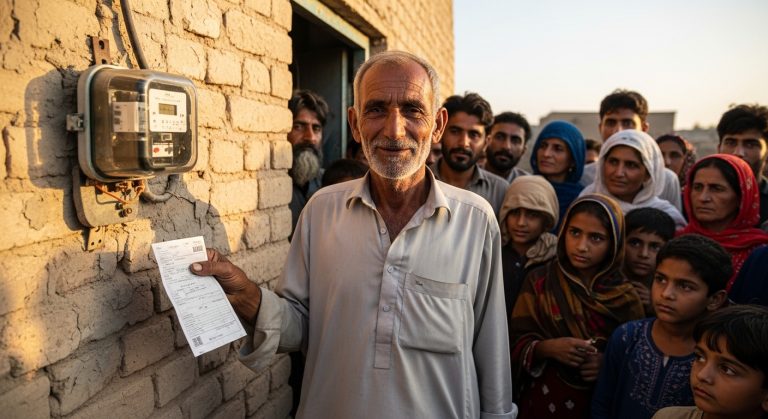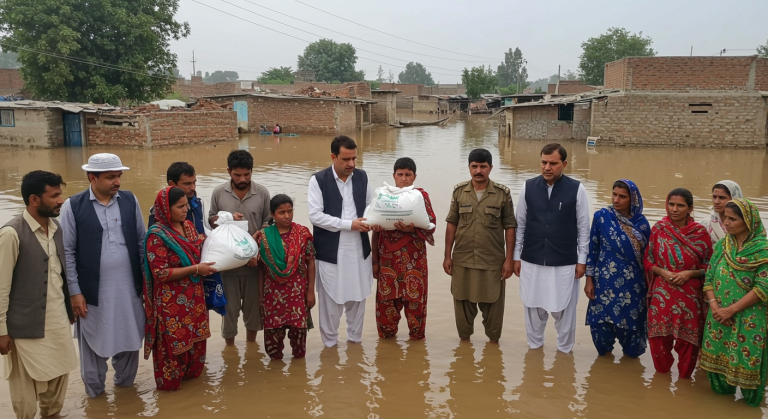Public Protest Outside Islamabad High Court: Citizens Demand Justice and Transparency
Date: July 2025
Islamabad – A large number of people gathered outside the Islamabad High Court (IHC) on Monday to voice their concerns and demand justice, fairness, and transparency in the judicial system. The protest, which began early in the morning, attracted individuals from different parts of the country, including civil society members, activists, lawyers, and ordinary citizens.
The demonstration remained largely peaceful, with protesters holding placards and chanting slogans that called for judicial reforms, timely case resolutions, and accountability across institutions.
Why People Are Protesting
Many of the protesters said they were frustrated with delayed court decisions, rising legal expenses, and lack of access to justice for the poor. Some carried posters that read:
- “Justice delayed is justice denied”
- “Equal justice for all”
- “Speed up pending cases”
One protester, Muhammad Yasin, who traveled from Rawalpindi, said:
“Every hearing is delayed or rescheduled. I’m not here for politics — I’m here for justice.”
Another participant, Sara Malik, a human rights activist, added:
“This is not just about personal grievances. We are speaking for thousands of people who don’t get their voices heard in the courts.”
Peaceful But Powerful Demonstration
Although there was a heavy police presence near the IHC building, the protest remained calm. Barricades were placed at several entry points to the court to ensure security. No violent clashes or incidents were reported. The Islamabad police worked closely with protest leaders to ensure a peaceful and well-managed demonstration.
Speakers at the protest included retired judges, lawyers, students, and members of NGOs. They addressed the crowd through loudspeakers, urging for fair trials, proper monitoring of judicial conduct, and quick disposal of long-standing cases.
One speaker noted:
“We have great respect for the courts. But if the people cannot find relief, what choice do they have but to come out and raise their voice?”
Impact on Court Activities
Due to the large crowd gathered around the court, regular court proceedings were partially affected. Several hearings were postponed, and access to the building was temporarily restricted for safety reasons.
Court officials, however, assured the public that proceedings would return to normal by the next day. Judges and staff were seen entering from a secure side entrance to avoid any disruption or conflict.
Government and Legal Community React
The protest outside one of the country’s top judicial institutions caught the attention of senior government officials and members of the legal community.
Ministry of Law said:
“We understand the public’s concerns. Judicial reforms are already being discussed at various levels. We encourage peaceful expression of views and assure the nation that justice will remain a priority.”
In response to the protest, several lawyers’ associations announced that they would hold emergency meetings to review the situation and support efforts to improve court efficiency and transparency.
What the Protesters Want
While the demands vary slightly, most protesters agreed on a few key points:
- Faster processing of court cases, especially those pending for years
- Affordable legal aid for the underprivileged
- Transparent appointment and promotion of judges
- Greater accountability within the judiciary
- Regular updates for litigants about their case status
Some protesters also called for digital reforms to allow online hearings and case tracking to reduce unnecessary delays.
A Sign of Democratic Engagement
Political experts say the peaceful protest reflects a growing trend of civic engagement in Pakistan. As citizens become more aware of their rights and responsibilities, they are more likely to demand better governance and accountability — even from powerful institutions.
Professor Nida Faheem of Quaid-i-Azam University said:
“Public pressure is a part of democracy. This protest outside the Islamabad High Court shows that people are no longer afraid to speak up. It also means the judiciary must now listen carefully and act wisely.”
Conclusion
The protest outside Islamabad High Court is a reminder that justice is a public right, not a privilege. While the courts continue to play a critical role in upholding the law, they must also ensure that the people’s faith in the legal system remains intact. The peaceful demonstration may be over, but the message it sent — loud and clear — is that Pakistan’s citizens want justice, and they want it now.






